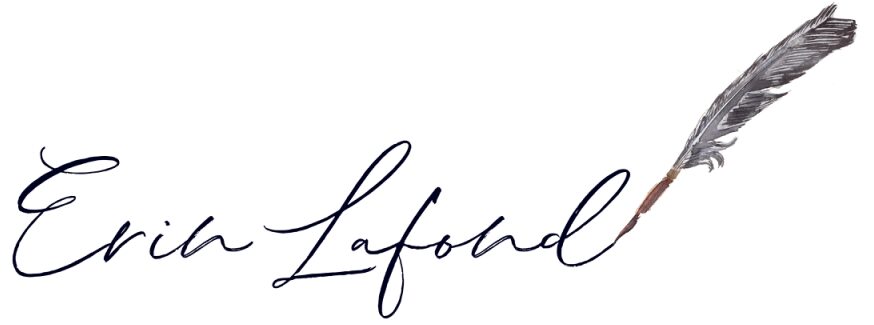Are You a Plotter or a Pantser Writer?
Last updated on February 26th, 2023 at 05:18 am
So, I mentioned in one of my more recent blog posts that it’s important to understand if you’re a plotter or a pantser. I gave a short definition there, but I wanted to break it down further and really explain why knowing your process matters. For my purposes here, I’m specifically referring to writers, though I’m sure you could apply these terms to many things. But understanding what kind of writer you are can help you work through your story’s issues.
Plotter
Plotters are just what they sound like. Plotters have a detailed outline. They write down everything about their characters. They make sure they know everything that’s going to happen.
This can be great for writer’s block because you can look at a scene list and decide what you want to write next, or you can have an exact order of events, which may help keep you focused and writing.
The trick is to not become too rigid in your planning. My husband does this sometimes. I suggest big changes, and he goes, “No, that will change later books.” And I’m like, “Soooo?” Staying obstinate about how your book is supposed to go can keep you from solving or even seeing problems. If you have an entire outline and you’re still having trouble writing, your outline needs to change.
Pantser
A pantser is someone who fundamentally flies by the seat of their pants as they write. They don’t really plan out too much. They just write and sort of “discover” their book as they go along. Pantsers more write their way into a plot rather than the other way around.
The benefit of being a pantser is that you can allow your characters to surprise you. Your work can flow out, and you can basically just decide what feels right. This can make your book feel more organic.
The problem with being a pantser is you might find yourself getting stuck. Your plot might be a mess because there was no foresight about what it was supposed to be. I’ve written myself into endings that don’t match the beginning, so I have to go back and rewrite the whole thing.
Why you have to figure it out
The reason why it matters that you understand who you are is because you might be trying to force a writing style that doesn’t work for you. Personally, I am a pantser, and I work better by just writing and not stopping. But for a while, I was trying to really force an outline. I thought I couldn’t start until I had planned everything out, but that’s just not how my brain works. I have to write it for the ideas to come. Whereas if you’re a plotter, someone saying, “Just sit down and write,” might not be helpful.
That being said, recently, for an MFA class, I had to produce an entire outline for my final, and it was actually pretty helpful. To be honest, I had to sort of write my way into it. I had to go, “Okay, I have no idea what’s happening here. Let’s write a scene.” And then writing that scene would help me figure out the pieces before or after it. I changed my entire ending because I wrote a scene and realized it made more sense than what I had in my original outline. But having an outline to organize my thoughts was great. Now, I have an outline, which I think will help with writer’s block too. I can look at it and figure out what I feel like writing that day.
In general, regardless if you’re a plotter or a pantser, you should incorporate some of the opposite method into your writing style. Knowing where you’re going can be helpful to all writers. Relaxing and allowing your work to flow out can also be helpful to all writers. For pantser, I recommend at least writing down detailed character descriptions with appearance, traits, and background. For plotters, I recommend leaving your outline with a little room for flexibility. Stick to who you are, but feel free to steal moves and methods from different writers.
Are you a plotter or a pantser? Let me know in the comments!

